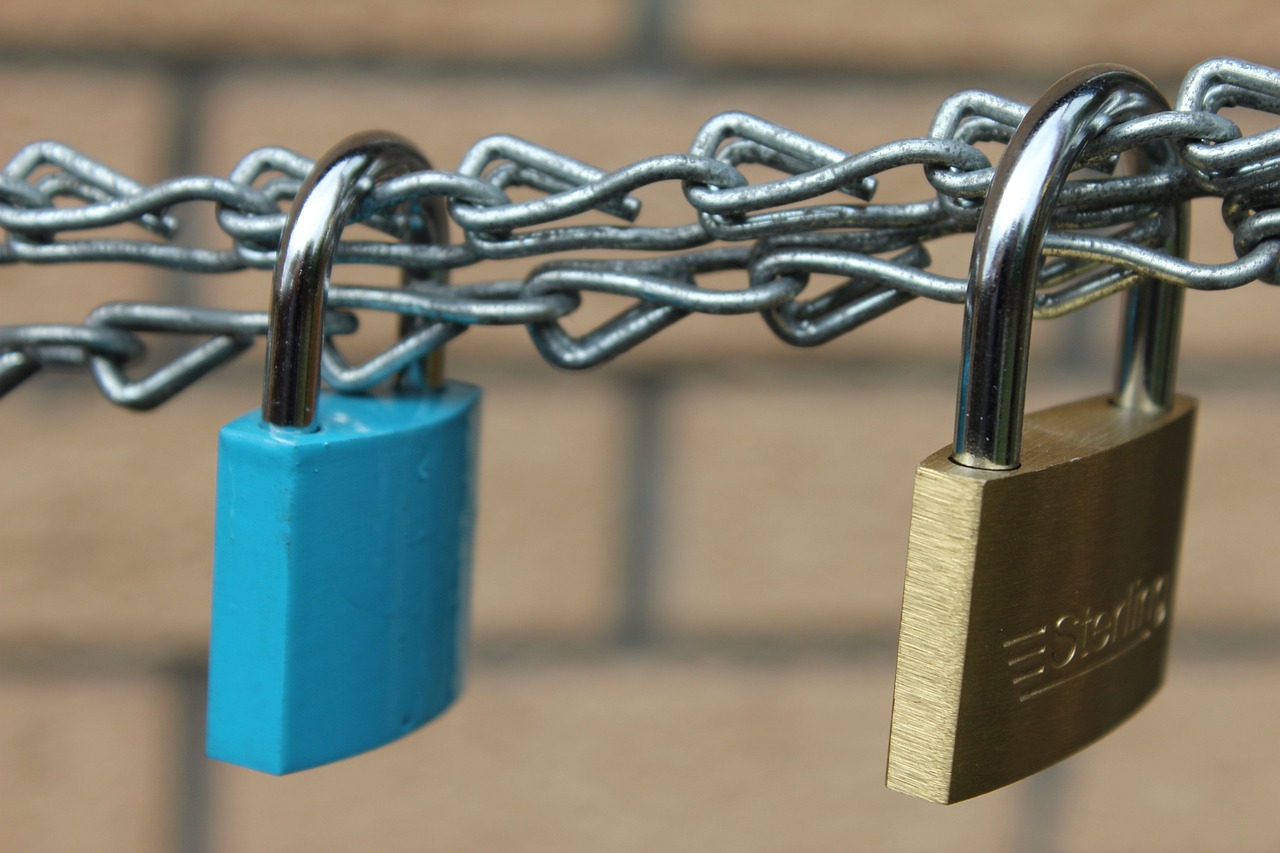In a world where children are naturally curious and explore their surroundings, it is crucial to ensure the safe storage of medications to protect their well-being. This guide provides essential tips and techniques to keep your child away from potential harm, emphasizing the importance of properly storing medications out of reach and sight. By implementing these strategies, you can create a secure environment that safeguards your child from accidental ingestion and promotes their health and happiness.

Importance of Safe Medication Storage
When it comes to the safety and well-being of your child, one area that requires utmost attention is the storage of medications. Properly storing medications is of paramount importance to prevent accidental ingestion, misuse, abuse, and medication poisoning. As a responsible parent or caregiver, it is crucial to take every necessary precaution to protect your child from the potential dangers associated with improper medication storage.
Accidental ingestion
Accidental ingestion of medication is a serious concern, especially when it comes to young children. Curious minds and exploring hands can lead to an unintentional consumption of medication, which can have severe consequences. By ensuring safe medication storage, you significantly reduce the risks of accidental ingestion and help keep your child safe and healthy.
Misuse and abuse
Another reason why safe medication storage is crucial is to prevent misuse and abuse. Older children and teenagers may be tempted to experiment with medications, unaware of the potential dangers they pose. Keeping medications stored securely can reduce the likelihood of unauthorized access and discourage such risky behaviors.
Medication poisoning
Medication poisoning is a significant threat, especially for young children who may mistake pills for candy or other enticing objects. Ingesting even a small amount of medication can have harmful effects on a child’s developing body. By implementing proper storage practices, you can mitigate the risk of medication poisoning and safeguard your child’s health.
Preventing access to medications
One of the primary goals of safe medication storage is to prevent access to medications. This applies not only to young children but also to older children and teenagers who may be susceptible to the allure of prescription medications. By ensuring that medications are stored securely, you reduce the likelihood of unauthorized access and potential misuse.
Choosing the Right Storage Location
Choosing the right storage location for your medications is essential to maintain their efficacy and keep them out of the reach of children. Here are some key considerations when deciding on a storage location:
High, locked cabinets
Opt for high, locked cabinets to store your medications. Choose a cabinet that is out of reach for young children and install a sturdy lock to prevent unauthorized access. This ensures that the medications are safely stored and inaccessible to curious little hands.
Secure medicine boxes
Consider investing in secure medicine boxes that come with built-in locks. These boxes are specifically designed to store medications safely and provide an additional layer of security. Choose a box that is child-resistant and easily portable for added convenience.
Avoiding common storage mistakes
Avoid common storage mistakes such as keeping medications in easily accessible areas like bathroom cabinets or countertops. The humidity and changes in temperature in these areas can potentially degrade the medications’ effectiveness. Instead, opt for cool, dry places away from direct sunlight, such as a bedroom or a dedicated medicine cabinet.
Childproofing Medication Storage Areas
Childproofing your medication storage areas is crucial to ensure that your child cannot gain access to medications even if they manage to find their way into the storage space. Here are some childproofing measures to consider:
Child-resistant containers
When purchasing medications, opt for child-resistant containers. These containers are designed to be difficult for children to open, reducing the risk of accidental ingestion. However, it is important to note that child-resistant does not mean childproof, and additional measures should be taken to ensure proper storage.
Child safety locks
Install child safety locks on cabinets and drawers where medications are stored. These locks require a certain level of dexterity and strength to open, making it difficult for young children to access the contents inside. Choose locks that are durable and can withstand the curiosity of little ones.
Safety latches
Consider using safety latches on cabinets and drawers to add an extra layer of security. These latches can be easily installed and make it significantly more challenging for children to open them. Ensure that the latches are strong enough to withstand any attempts by a curious child.
Secure caps and closures
Check that the caps and closures on medication bottles are securely fastened after each use. This prevents accidental spills or exposure to medication. If a particular medication does not come with a child-resistant closure, consider transferring it to a child-resistant container for added safety.
Organizing and Labeling Medications
Proper organization and labeling of medications are essential for quick identification and easy access. Here are some tips for organizing and labeling your medication storage:
Properly categorizing medications
Categorize your medications based on their purpose or usage. Group similar medications together, such as pain relievers, antibiotics, or allergy medications. This not only makes it easier to find the medication you need but also ensures that medications with different interactions are stored separately.
Separating child-specific medications
If you have multiple children or if you have medications specifically intended for one child, consider separating them to avoid any confusion. This ensures that each child receives the appropriate medication and dosage without any mix-ups.
Clear labels and instructions
Ensure that all medications are clearly labeled with their name, dosage instructions, and expiration date. This information helps you easily identify each medication and its purpose. Additionally, it is crucial to include any specific instructions or warnings, especially for medications that require special handling or administration.

Storing Medications at Home
Storing medications properly at home is vital to maintain their potency and safety. Here are some guidelines for storing different types of medications:
Prescription medications
Prescription medications should always be stored as per the instructions provided by your healthcare provider or pharmacist. Some medications may require refrigeration, while others may need to be stored at room temperature. It is important to follow the recommended storage conditions to ensure the medication’s effectiveness and safety.
Over-the-counter medications
Over-the-counter medications should also be stored in accordance with the manufacturer’s instructions. Generally, these medications can be stored at room temperature in a cool, dry place away from direct sunlight. Check the packaging for any specific storage requirements, especially for liquid medications.
Herbal and dietary supplements
Herbal and dietary supplements should be stored in a manner similar to over-the-counter medications. Follow the instructions provided by the manufacturer and ensure that they are stored in a cool, dry place. Additionally, it is important to keep these supplements out of the reach of children, as some may be attracted to the vibrant colors and sweet flavors.
Vitamins and minerals
Vitamins and minerals are often available in various forms such as tablets, capsules, or chewable gummies. Store these supplements according to the instructions on the packaging. Be mindful of any storage recommendations, such as keeping them in a cool, dry place, to maintain their potency.
Traveling with Medications
When traveling with medications, it is essential to ensure their safety and efficacy throughout the journey. Here are some considerations for safely traveling with medications:
Portable medication storage
Invest in a travel-sized, portable medication storage container or case. These containers are designed to securely hold your medications during transport and provide protection from accidental spills or damage. Look for containers that offer compartments or dividers to keep different medications separate and organized.
Temperature considerations
Ensure that your medications are stored at the appropriate temperature during travel. Extreme temperatures, such as excessive heat or cold, can affect the medications’ stability and effectiveness. Consider using a small insulated bag or cooler if necessary to keep temperature-sensitive medications within the recommended range.
Medication information on hand
Always carry a copy of your medications’ information, including the names, dosages, and any special instructions. This information can be vital if you need to seek medical assistance while traveling. Additionally, it is advisable to keep your medications in their original packaging to ensure proper identification if needed.

Disposing of Medications Safely
Proper disposal of medications is crucial to prevent accidental ingestion or misuse. Here are some guidelines for safely disposing of medications:
Expired medications
Dispose of expired medications promptly and appropriately. Expired medications may have a reduced efficacy, making them less effective in treating the intended condition. Follow local guidelines or consult your healthcare provider or pharmacist for the safest method of disposal.
Unused or unwanted medications
If you have unused or unwanted medications, it is important to properly dispose of them. Keeping unused medications around can increase the risk of accidental ingestion or misuse. Check with your local pharmacy or healthcare provider for any take-back programs or guidelines for proper disposal in your area.
Educating Your Child about Medication Safety
In addition to implementing safe medication storage practices, it is equally important to educate your child about medication safety. Here are some ways to educate your child about the potential dangers of medications:
Teaching medication awareness
Start by teaching your child about the importance of medication awareness. Explain that medications are not toys and should only be taken under the supervision of a trusted adult. Encourage open communication and address any questions or concerns your child may have about medications.
Explaining the danger of medications
Discuss the potential dangers associated with unsupervised consumption of medications. Emphasize the importance of following proper dosage instructions and the potential harm that can result from taking medications without a valid reason or prescription.
Safe role modeling
Lead by example and demonstrate safe medication practices. Children learn by observing their parents or caregivers, so make sure you take medications responsibly and as prescribed. Avoid taking medication in a casual or careless manner, as this may send the wrong message to your child.
Emergency Preparedness for Medications
Being prepared for emergencies involving medications is essential to ensure timely and appropriate action. Here are some key considerations for emergency preparedness:
First aid and emergency contacts
Have a first aid kit readily available, including essential items such as bandages, antiseptic, and a first aid manual. Additionally, keep emergency contact numbers, such as your pediatrician, poison control center, or local emergency services, easily accessible in case of any medication-related emergencies.
Knowing when to call poison control
Familiarize yourself with the signs and symptoms of medication poisoning or adverse reactions. If you suspect your child has ingested medication accidentally or is exhibiting unusual symptoms, do not hesitate to contact your local poison control center. They can provide immediate guidance and assistance in managing the situation.
Emergency medication kit
Consider creating an emergency medication kit specifically for your child. This kit may include essential medications that your child may require in emergency situations, such as an allergic reaction. Consult with your child’s healthcare provider for guidance on what medications to include and any special instructions for storage or administration.
Seeking Professional Advice
When it comes to medication storage and safety, it is always advisable to seek professional advice. Here are two key professionals who can offer guidance and support:
Consulting healthcare providers
Whenever you have concerns or questions regarding medication storage or safety, consult your child’s healthcare provider. They can provide specific recommendations based on your child’s medical history and any unique circumstances.
Pharmacist guidance
Pharmacists are valuable resources when it comes to medication storage and safety. They can offer guidance on proper storage methods, potential interactions, and any precautions to take. Do not hesitate to consult your pharmacist if you have any doubts or inquiries regarding your child’s medications.
Toxicology support
If you suspect a potential medication poisoning, toxicology support can be a valuable resource. Poison control centers and toxicology experts can provide immediate guidance, helping you take the appropriate actions to ensure your child’s safety and well-being.
In conclusion, safe storage of medications plays a vital role in protecting your child from accidental ingestion, misuse, abuse, and medication poisoning. By implementing proper storage practices, such as choosing secure locations, childproofing storage areas, organizing and labeling medications, and disposing of medications safely, you can significantly reduce the risks associated with medication storage. Additionally, educating your child about medication safety and being prepared for emergencies can further enhance the safety measures. Remember to seek professional advice from healthcare providers, pharmacists, or toxicology experts whenever necessary to ensure the well-being of your child.

